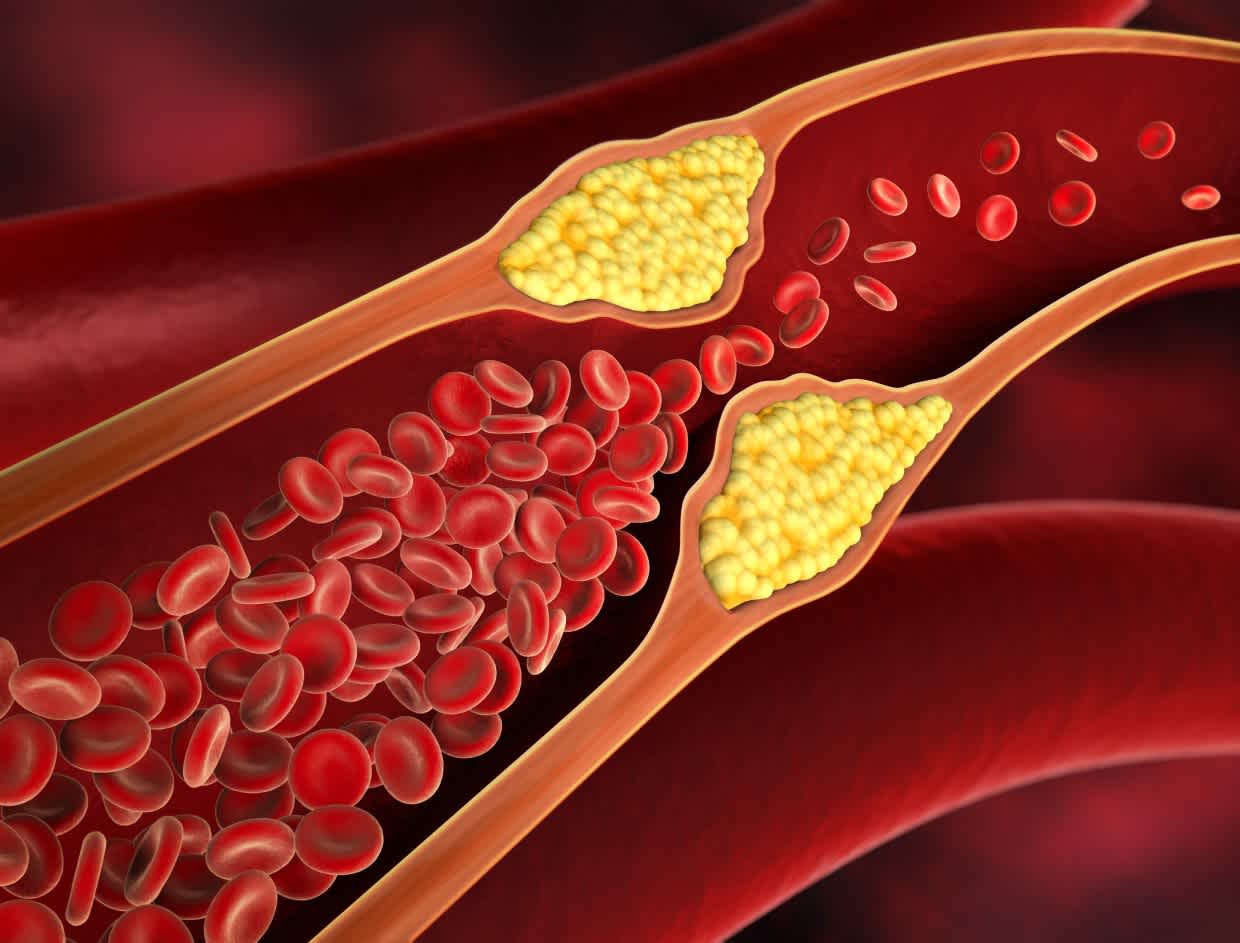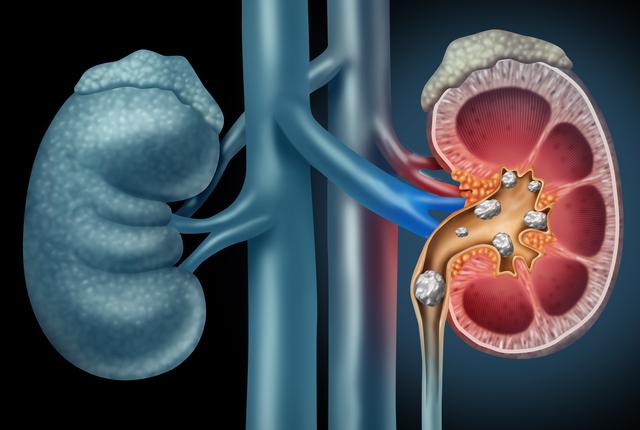Understanding Hypoglycemia: What You Need to Know
Published on:May 03 2024
Hypoglycemia, or low blood sugar, is a condition where the level of glucose in your blood drops below the normal range. Glucose serves as the primary energy source for your body, so when levels dip too low, it can lead to various symptoms and complications.
What Causes Hypoglycemia?
While hypoglycemia is commonly associated with diabetes treatment, it can also be triggered by other medications or underlying health conditions, albeit less frequently. Some medications and health conditions can cause low blood sugar even in individuals without diabetes.
Recognizing Symptoms
When blood sugar levels plummet, the body sends out warning signals. These symptoms can vary from mild to severe and may include:
- Pale appearance
- Shakiness
- Sweating
- Headaches
- Feeling hungry or nauseous
- Rapid or irregular heartbeat
- Fatigue
- Irritability or anxiety
- Difficulty concentrating
- Dizziness or lightheadedness
- Tingling or numbness in the lips, tongue, or cheeks
As hypoglycemia progresses, symptoms can become more pronounced, leading to confusion, coordination difficulties, slurred speech, and even loss of consciousness or seizures in severe cases.
Seeking Medical Attention
It’s crucial to seek medical help promptly if you experience symptoms of hypoglycemia, especially if you don’t have diabetes or if your symptoms persist despite treatment attempts. For individuals with diabetes, particularly those with a history of hypoglycemia, severe symptoms or loss of consciousness should prompt immediate emergency assistance.
Treatment
The goal of treating hypoglycemia is to raise blood sugar levels back to within the normal range swiftly. This can be achieved by consuming high-sugar foods or drinks, such as juice, regular soda, candy, or glucose tablets. In some cases, medication may be necessary to elevate blood sugar levels effectively.
Long-Term Management
Beyond addressing immediate symptoms, long-term management of hypoglycemia involves identifying and addressing the underlying cause. This may require adjustments to medication regimens, dietary changes, or lifestyle modifications to help prevent recurrent episodes.
Introducing BUZUD Continuous Glucose Monitoring (CGM) System
Continuous Glucose Monitoring (CGM) systems like BUZUD offer a valuable tool for individuals managing hypoglycemia, particularly those with diabetes. These systems continuously monitor glucose levels in real-time, providing users with timely insights into their blood sugar trends.
BUZUD CGM system offers:
- Real-time Monitoring: Continuous monitoring allows individuals to track their blood sugar levels throughout the day, helping them detect fluctuations and potential hypoglycemic episodes promptly.
- Customizable Alerts: Users can set personalized alerts to notify them when their blood sugar levels are trending too low, enabling them to take proactive steps to prevent hypoglycemia.
- Data Insights: By analyzing historical data collected by the CGM system, users and healthcare providers can identify patterns and triggers for hypoglycemia, allowing for targeted interventions and adjustments to treatment plans.
- Peace of Mind: With continuous monitoring and alerts, individuals can feel more confident in managing their blood sugar levels, reducing the risk of severe hypoglycemic events and associated complications.
In conclusion, hypoglycemia is a potentially serious condition that requires prompt attention and appropriate management. By recognizing the symptoms, seeking timely medical assistance, and utilizing tools like the BUZUD Continuous Glucose Monitoring system, individuals can better navigate the challenges of low blood sugar and strive for improved health and well-being.





